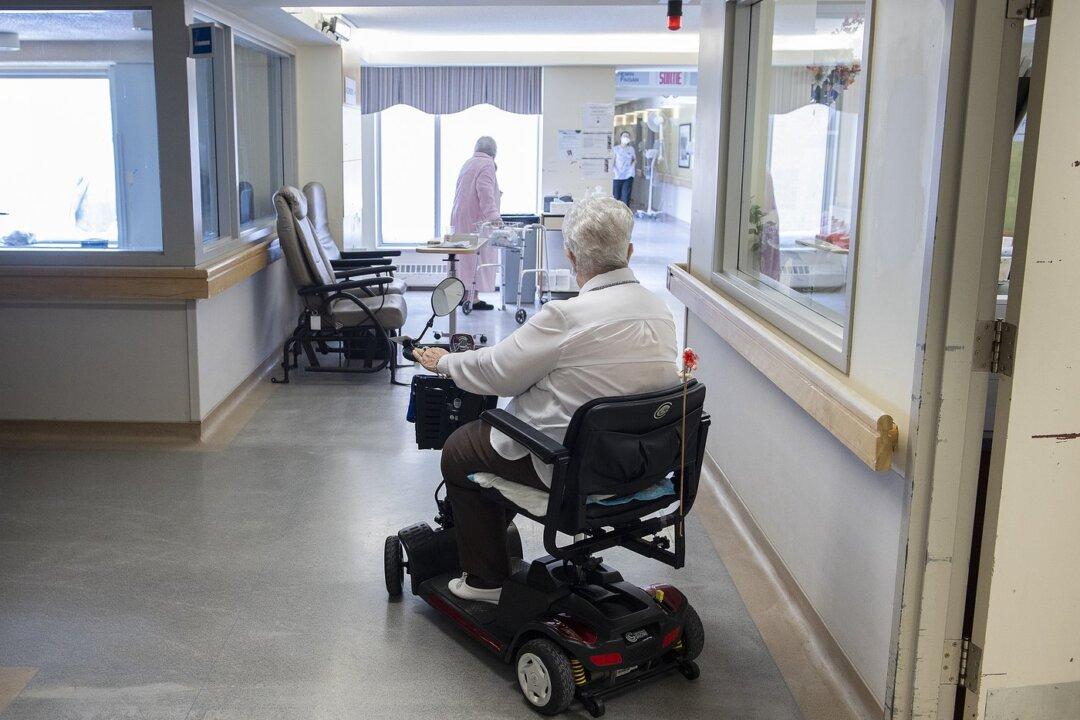The latest census data from 2021 shows Canada’s seniors over the age of 85 are among the fastest growing age groups in the country, marking another milestone on the slow march to what experts warn will be a crisis in care for the country’s elders.
Between 2016 and 2021, the number of people aged 85 and older grew by 12 percent—more than twice as high as the overall growth of the Canadian population at 5.2 percent.





